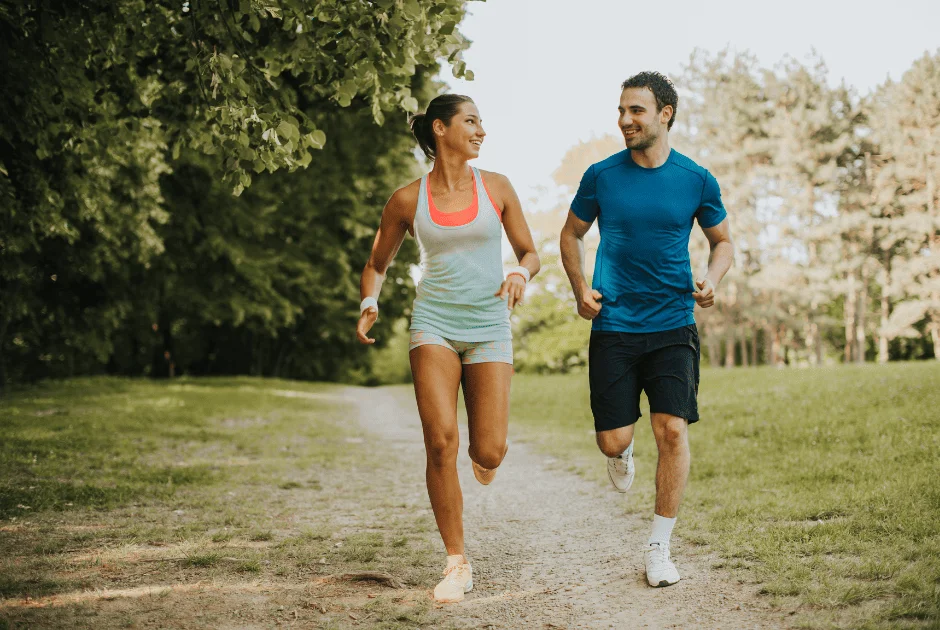Runners Knee Treatment in Gurgaon
At Prognosia Physiotherapy Clinic, we are proud to serve patients from various nearby locations. People visit us from DLF Phase 1, DLF Phase 2, DLF Phase 3, DLF Phase 4, DLF Phase 5, Cyber City (DLF Cyber City), Udyog Vihar, Sushant Lok Phase 1, Sector 24, Sector 25, Sector 26, Sikanderpur, MG Road (Mehrauli-Gurgaon Road), Golf Course Road, Chakkarpur, Heritage City, Sushant Lok Phase I, Sushant Lok 2 (Extension), Sushant Lok 3, Sushant Lok 4, South City 1, and South City 2. Known as one of the Best Physiotherapist in Gurgaon, we are trusted by patients from these areas for expert physiotherapy care and personalized treatment plans.
Copyright 2025 Prognosia Design By Innovative Digital Marketing Digital Marketing Partner: Shivay Webtech


